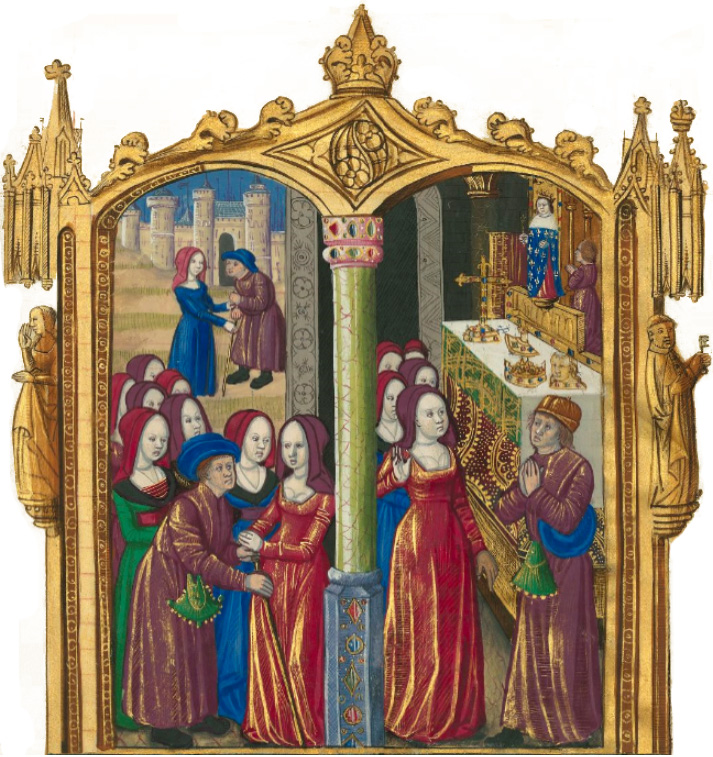 Lived religion is understood as a performance of faith and religion, which may include the subconscious and the unintentional. It enables an analysis of one of the mechanisms that connect individuals to society and personal experiences to structures of social reality. Empirically, lived religion provides the cases with which we study the experience(s) which make people’s lives. Methodologically the study of religion as lived gives us access to this process through people’s action, agency and material or corporeal communication, such as rituals, dance, light or smell, as well as textual evidence. When religion is conceptualized as experience and participation, it creates a space for action where people construct their social position, manifest their identity, and create communal cohesion. As these experiences are shared through rituals and communication, they form the structures of society and social universe.
Lived religion is understood as a performance of faith and religion, which may include the subconscious and the unintentional. It enables an analysis of one of the mechanisms that connect individuals to society and personal experiences to structures of social reality. Empirically, lived religion provides the cases with which we study the experience(s) which make people’s lives. Methodologically the study of religion as lived gives us access to this process through people’s action, agency and material or corporeal communication, such as rituals, dance, light or smell, as well as textual evidence. When religion is conceptualized as experience and participation, it creates a space for action where people construct their social position, manifest their identity, and create communal cohesion. As these experiences are shared through rituals and communication, they form the structures of society and social universe.

